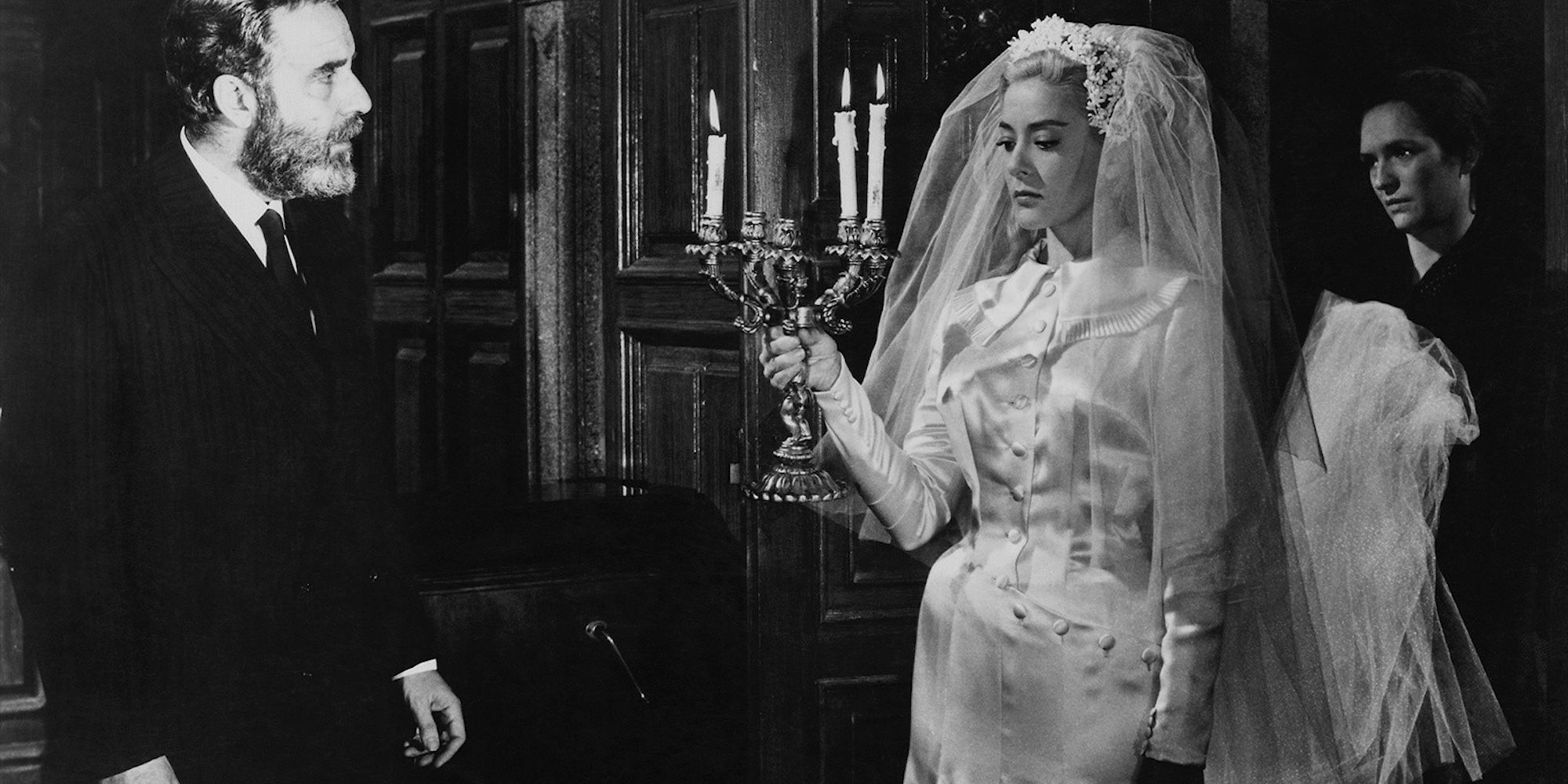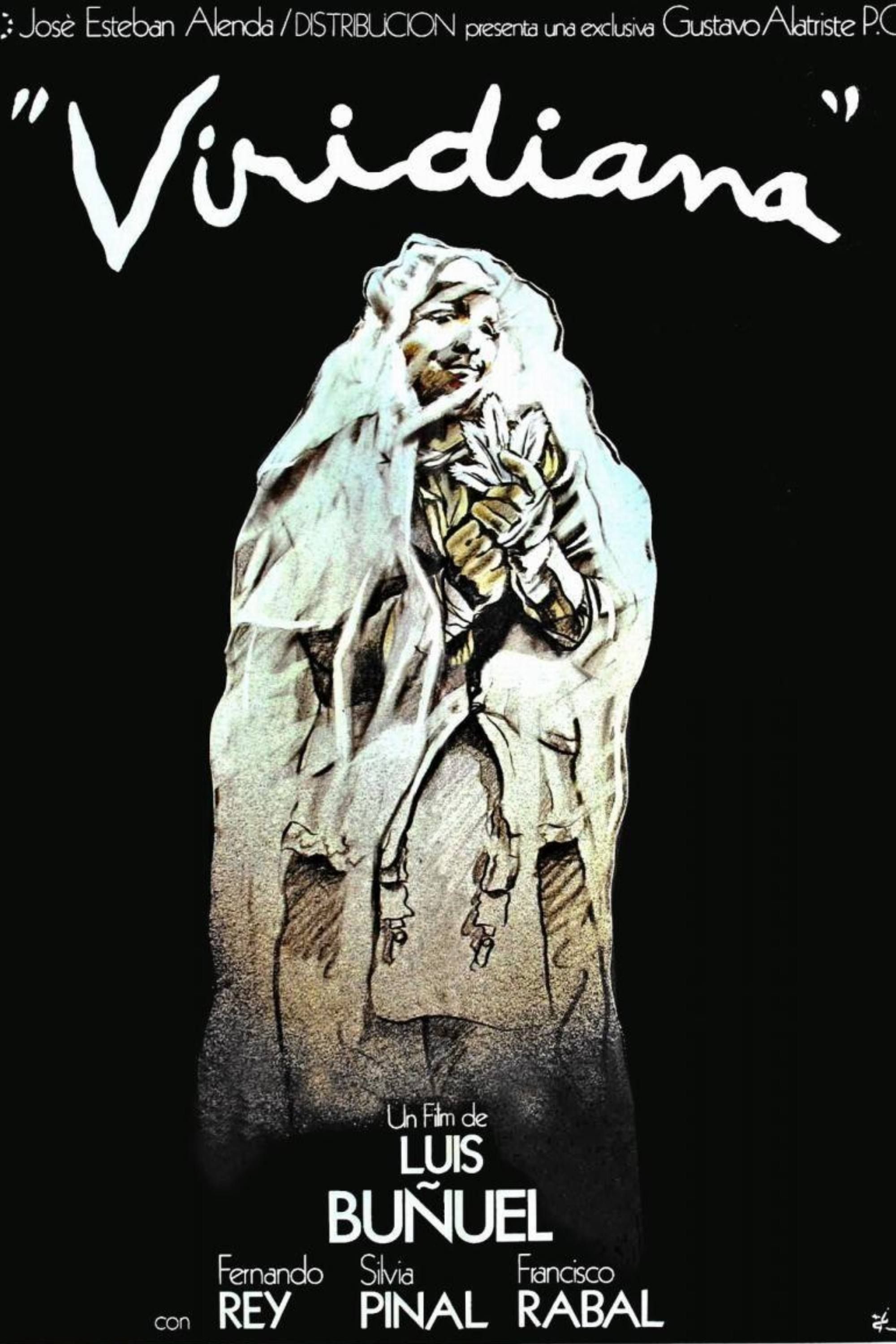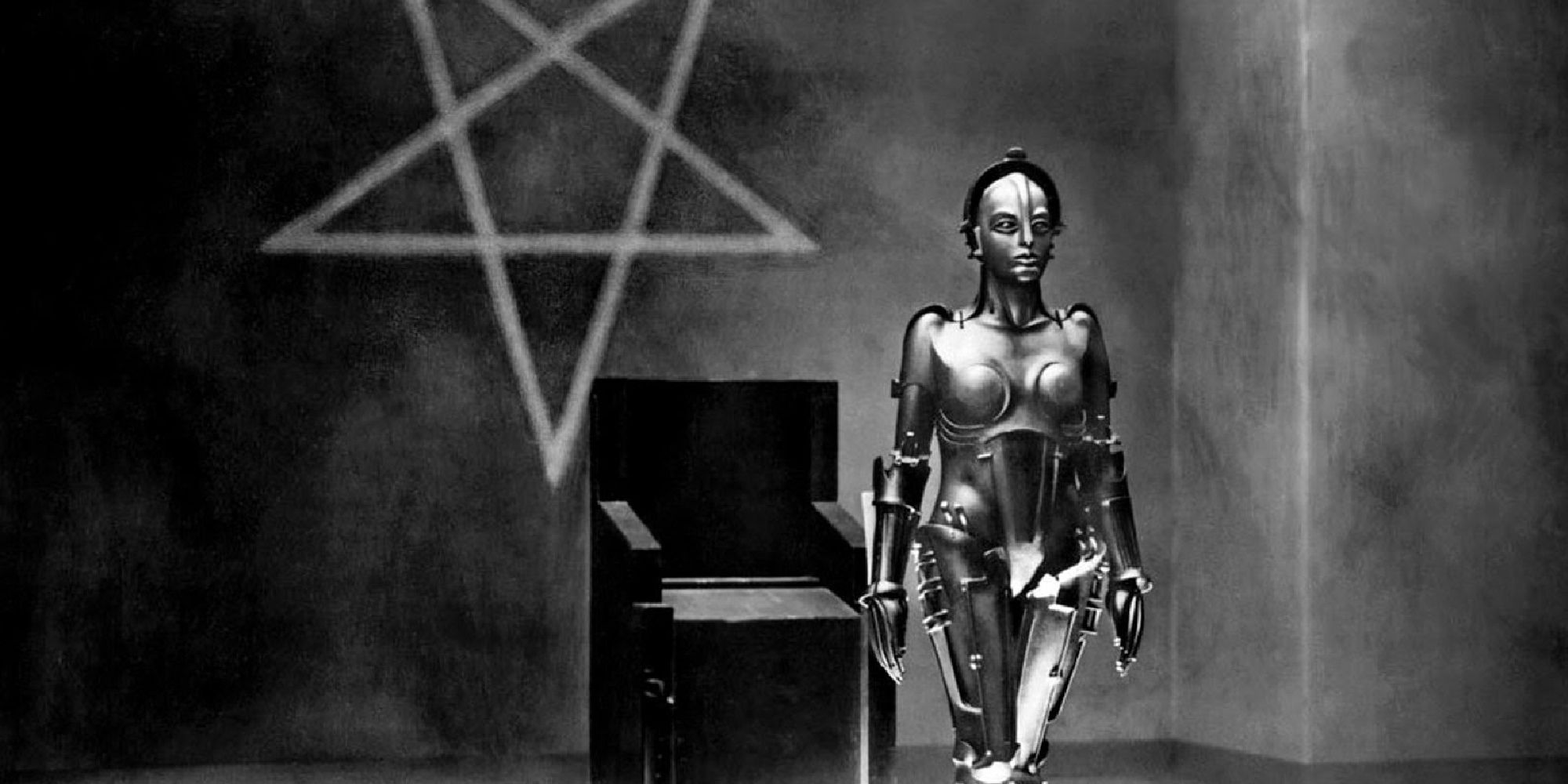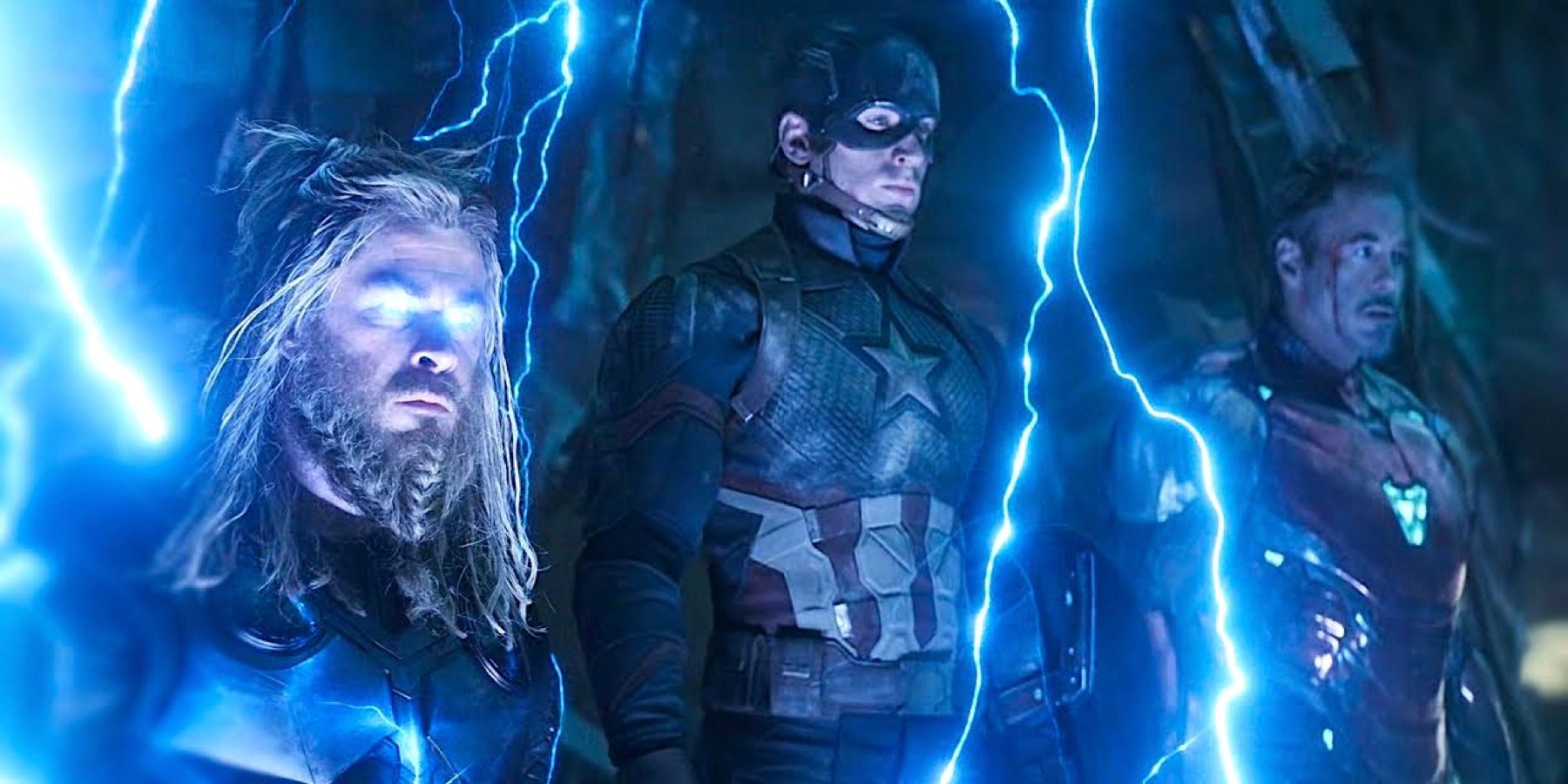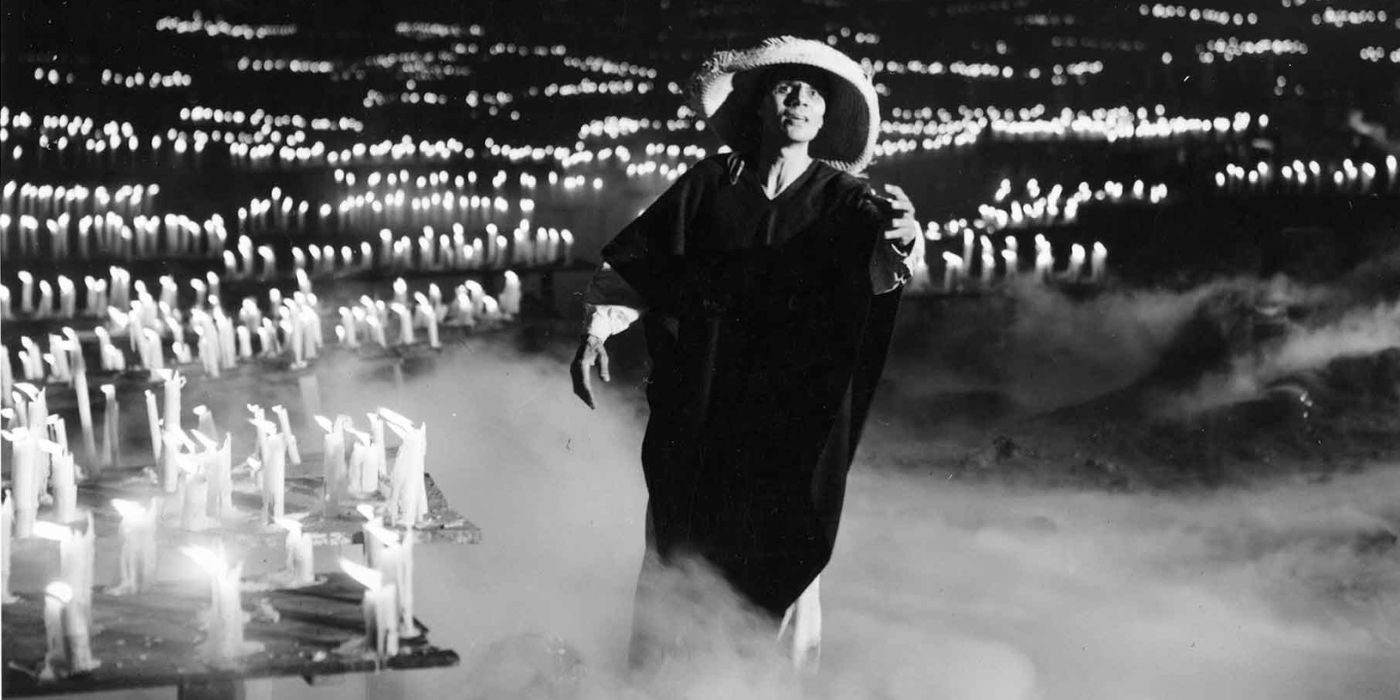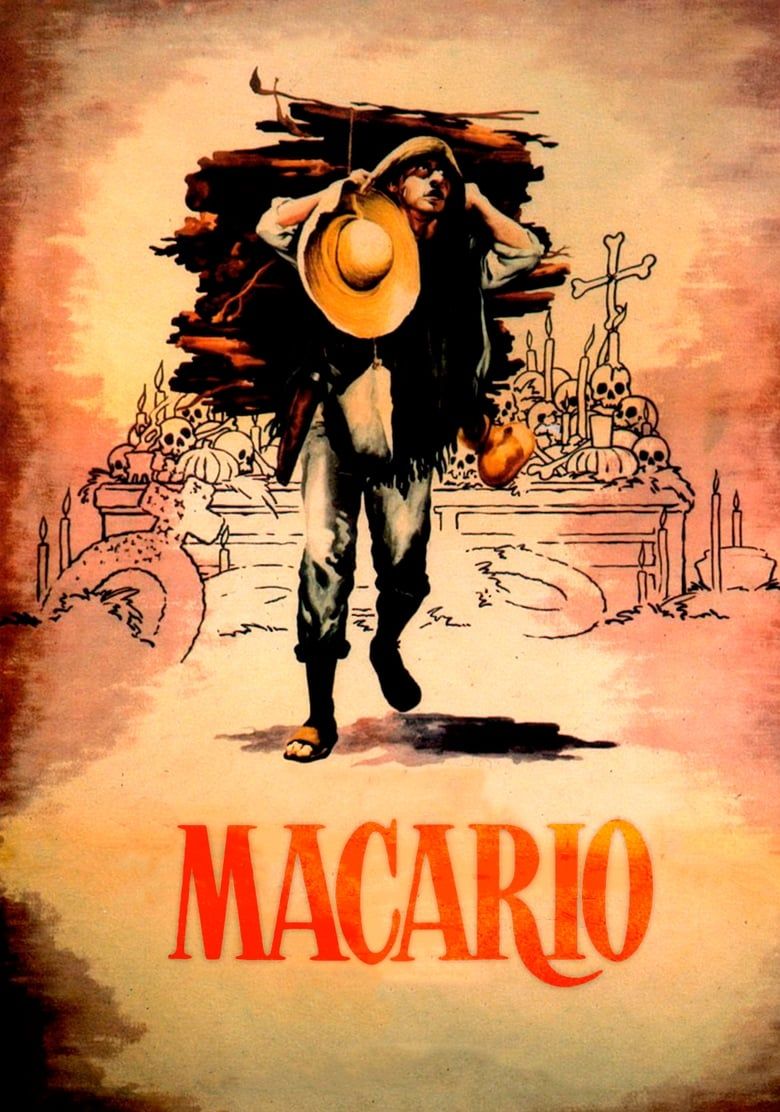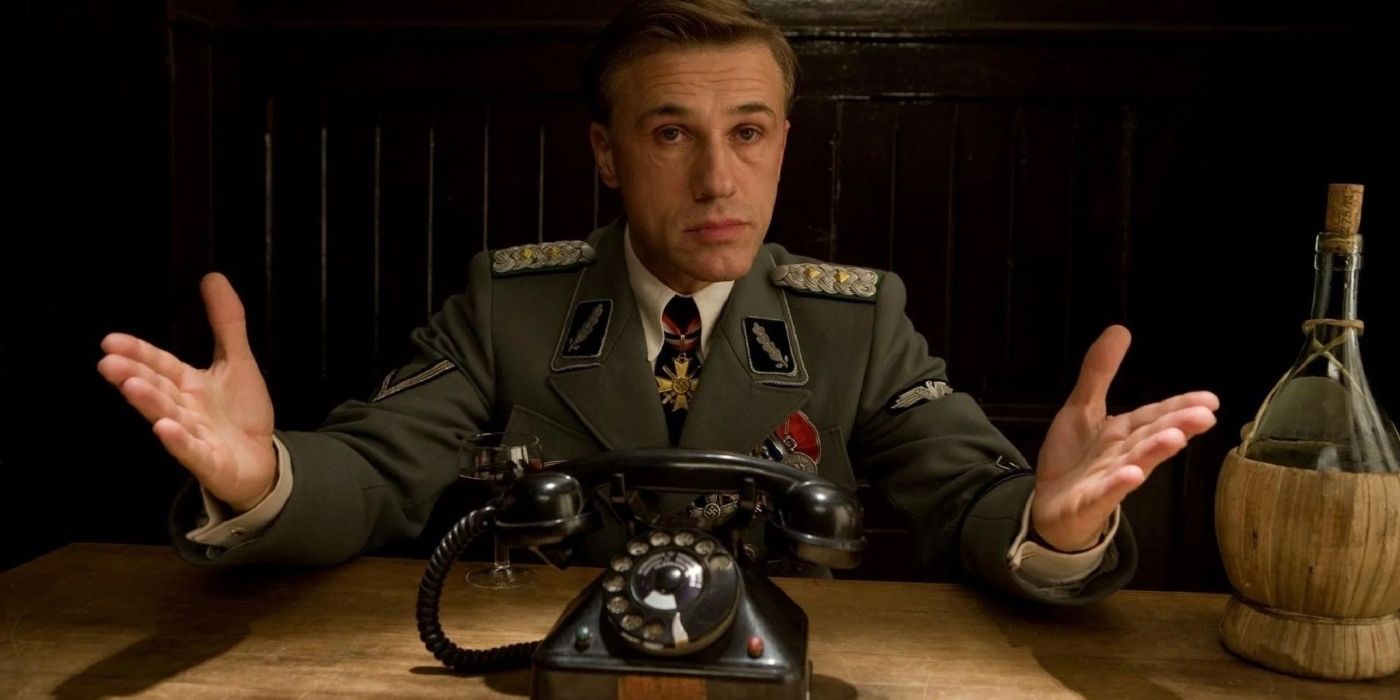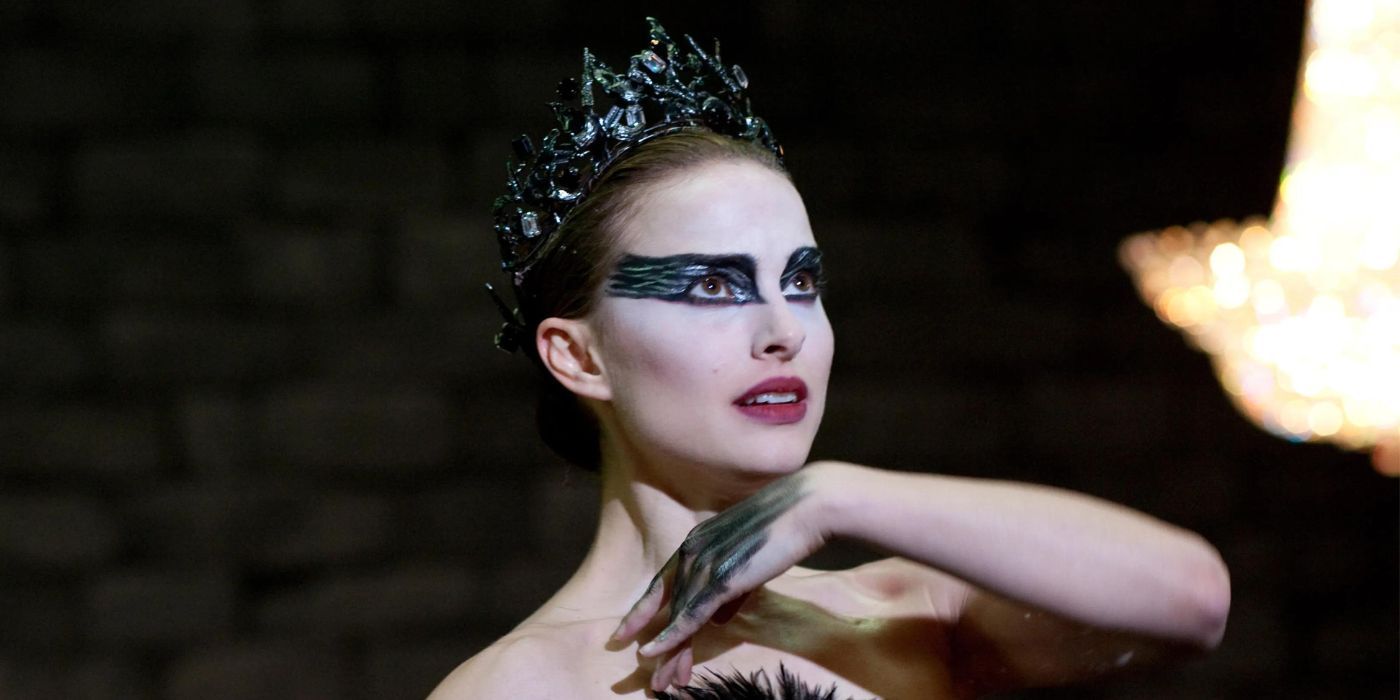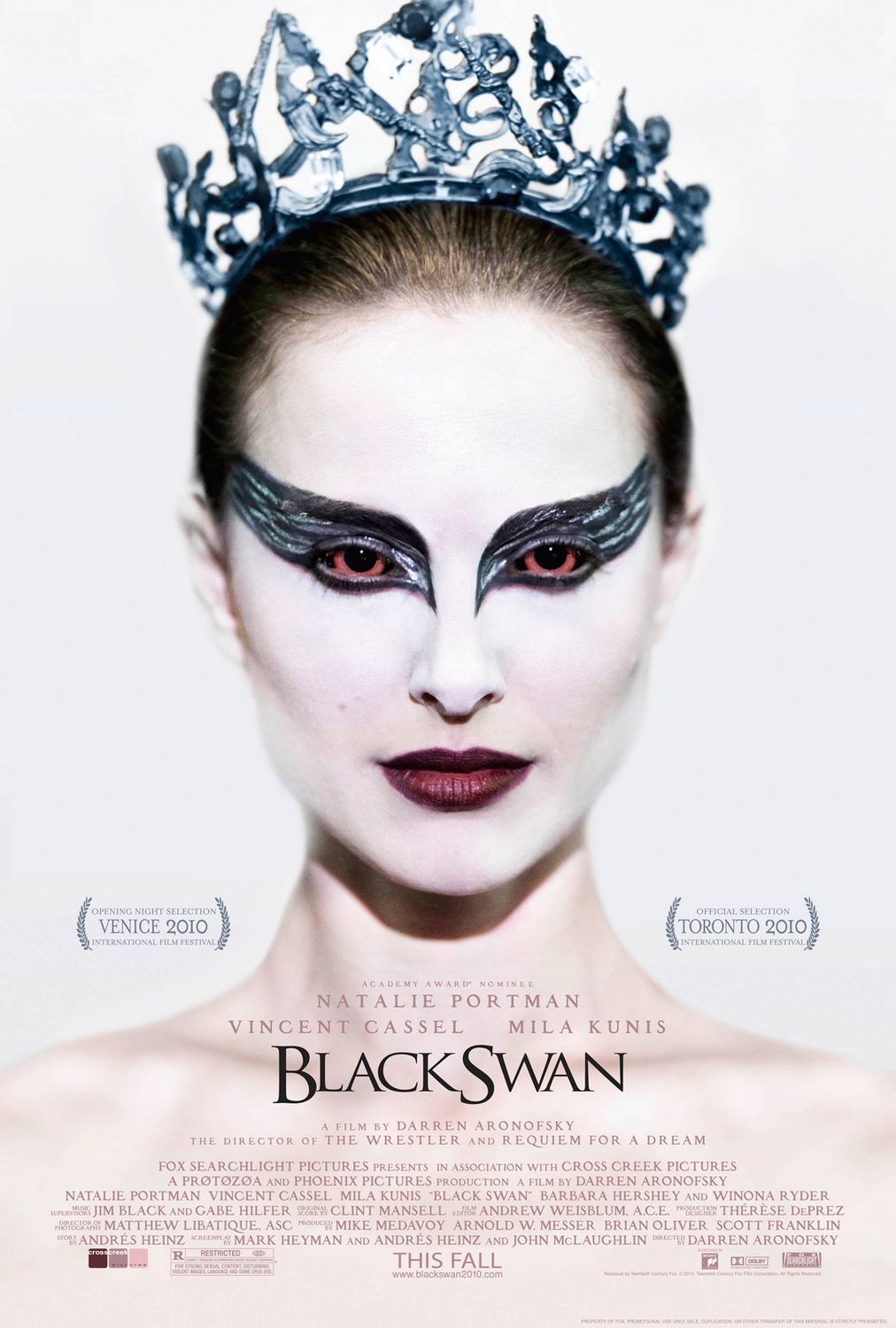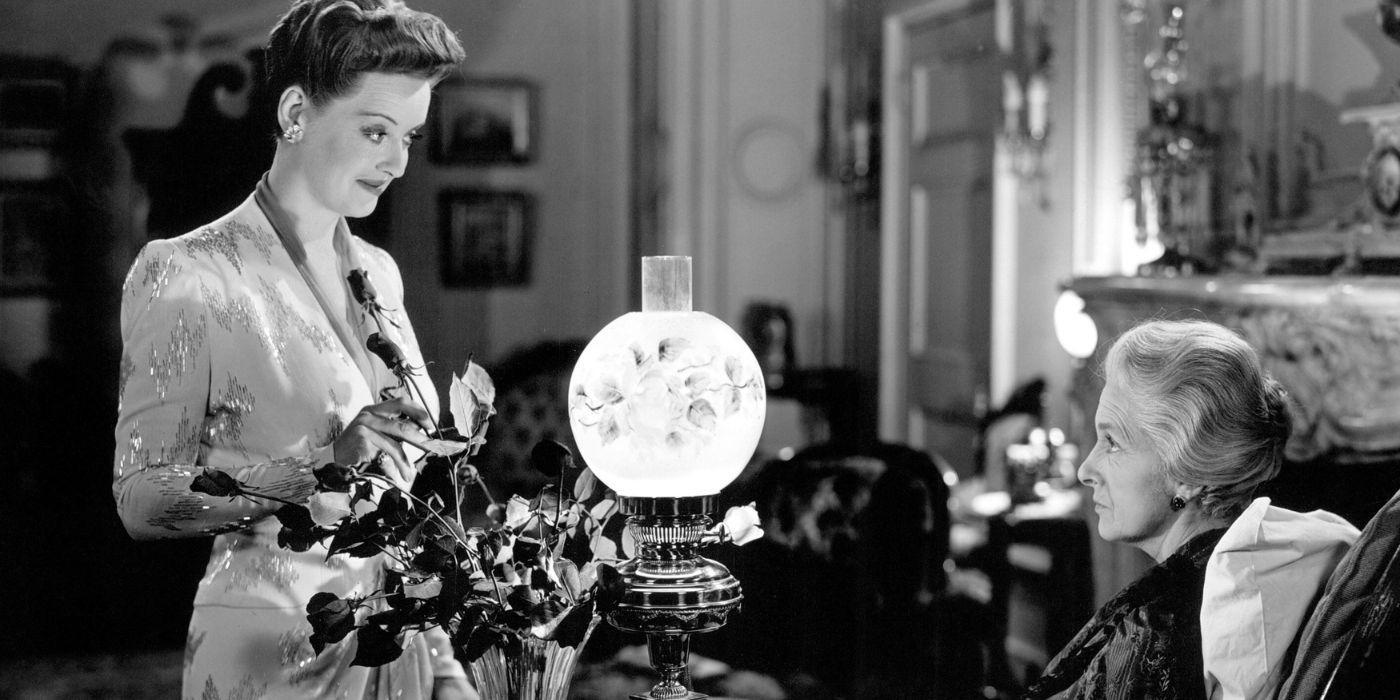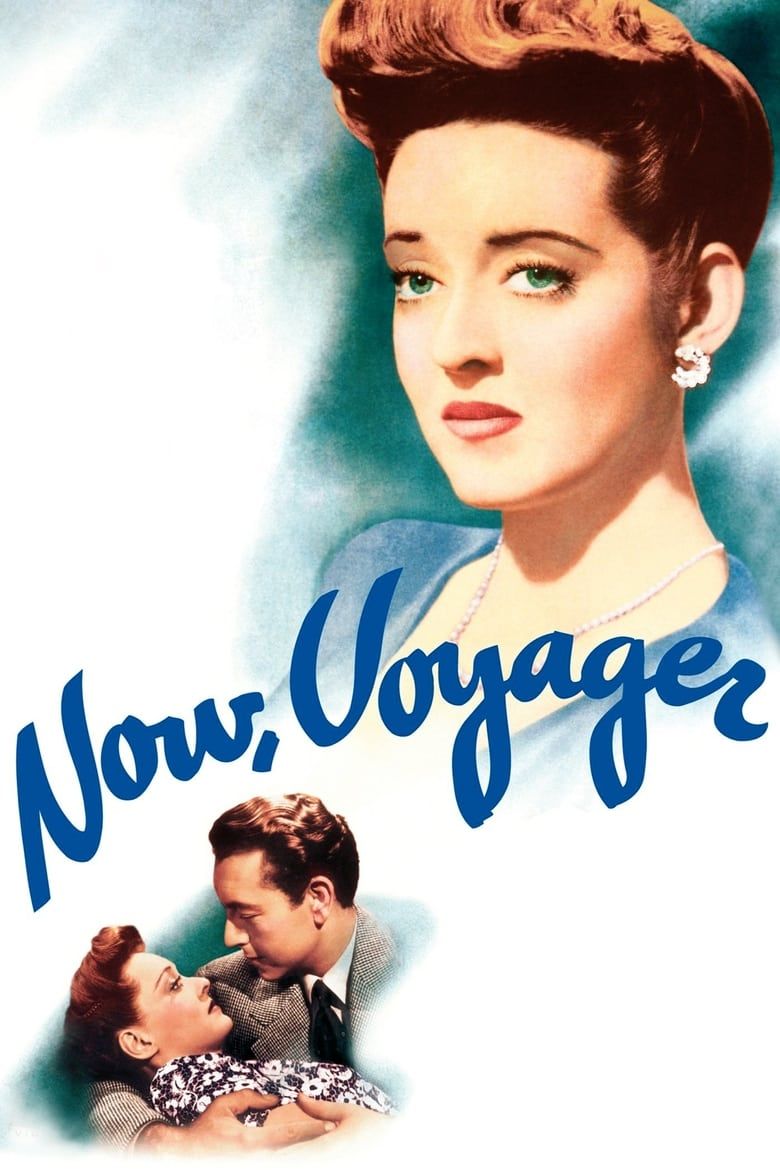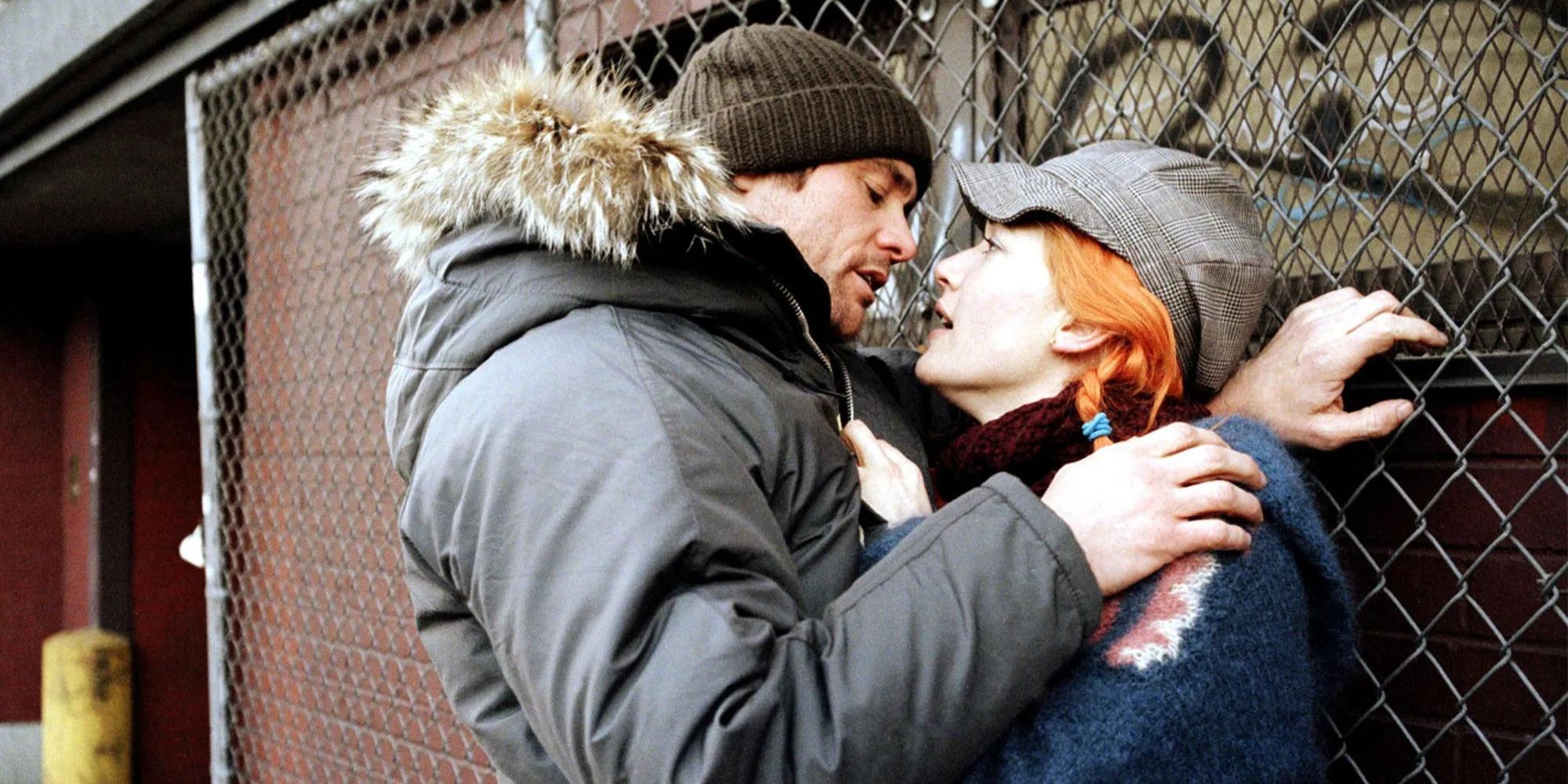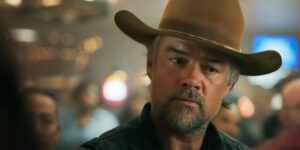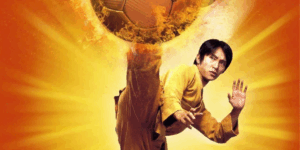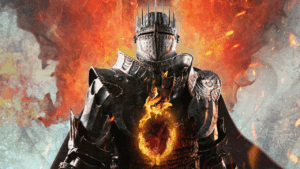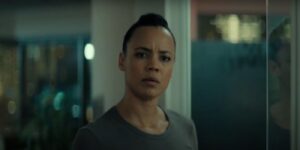If I Could Turn Back Time, I’d Watch These 10 Movies for the First Time Again
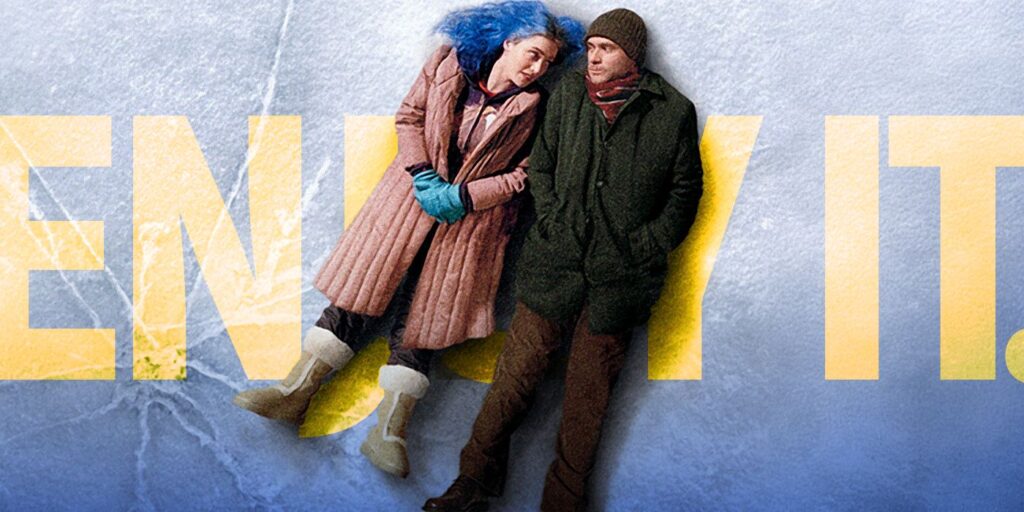
The living legend that is Cher wanted to turn back time to “take back those words” that hurt her partner. If this movie-loving writer could turn back time, he’d want to experience many things again, including a few movies that proved once-in-a-lifetime experiences. Any cinephile can relate: some movies stay with you because of what it meant to watch them for the first time. Call it nostalgia or attachment or longing — it’s possibly all of that and more. The fact remains that some movies carve a place inside you and stay there, remaining meaningful for reasons beyond a mere explanation.
This list will discuss ten movies that I wish I could re-experience for the first time. They range from modern sci-fi classics to romantic dramas of the Hollywood Golden Age to Mexican masterpieces that have only gotten better with time. To me, these movies are one-of-a-kind, unbeatable pictures that I have revisited numerous times since that eventful first watch. Yet, they maintain their charm, and I can only imagine what seeing them again for the first time would mean.
10
‘Viridiana’ (1962)
Directed by Luis Buñuel
I first watched the oeuvre of Luis Buñuel well into my twenties, and I’m glad I waited so long. His movies are confrontational, challenging, and utterly unforgettable, exercises in chaos and sharp reflections of their very distinct time and place. 1962’s Viridiana is a surrealist comedy-drama, a psychosexual tale of identity that represents Buñuel at his cheekiest and, according to the Catholic Church, blasphemous.
Yet, Viridiana is no more blasphemous than the average cartoon in the Sunday paper; it’s just far smarter and provocative. The film is a fascinating look at piousness and the dangers of charity. Some might deem it cynical — notorious New York Times critic Bosley Crowther thought it offered such an “ugly” and “depressing” outlook on life that it was “old-fashioned.” And yet, Viridiana is so mischievous, so wickedly charming that I envy anyone who will ever watch it for the first time.
9
‘Metropolis’ (1927)
Directed by Fritz Lang
Science fiction, perhaps more than any other genre, has a collection of masterpieces that are not only thought-provoking but also truly timeless. Of those, Fritz Lang‘s Metropolis is one of the most influential, the pioneer of modern sci-fi, and a spectacular work of daring art that is still awe-inspiring.
Never mind that it’s a black-and-white silent film — Metropolis is among the most evocative science fiction movies ever made. A quintessential entry into German Expressionism, Metropolis deals with themes of oppression and authoritarianism that prove humanity is truly doomed to repeat the same mistakes over and over. The image of the Maschinenmesch is indelible, one of those instantly impactful cinematic creatures that never really leaves your mind. Witnessing it for the first time is truly a gift for anyone who loves cinema and sci-fi.
8
‘Avengers: Endgame’ (2019)
Directed by Joe and Anthony Russo
The expression “cinematic event” is often thrown around too closely. Indeed, only a few movies truly fit the descriptor, not all of them classics-in-the-making. Some are triumphs of commercialism, the type of movies that attract howling crowds that yell and clap whenever something major happens. In other words, Avengers: Endgame, the 2019 culmination of the Infinity Saga that broke box office records and audiences’ minds.
Watching this film at midnight with a crowd of equally hyped-up geeks who roared in ecstasy at the sight of an adult man lifting a magical hammer was a once-in-a-lifetime experience. In hindsight, Endgame was probably the end of the MCU, but at the time, it felt like the peak of the superhero genre rather than its swan song. To fully enjoy it, you needed to give in to the chaos and fully participate in the ritualistic chant that followed the line “Avengers, assemble.” You probably did — it was quite impossible not to.
7
‘Breakfast at Tiffany’s’ (1961)
Directed by Blake Edwards
Breakfast at Tiffany’s is one of those movies you didn’t think could live up to its reputation, but it absolutely does. Audrey Hepburn delivers arguably her most iconic performance as Holly Golightly, a young socialite who develops a relationship with her new neighbor. Based on the novel by Truman Capote, which I read before watching the movie, Breakfast at Tiffany‘s is a defining piece of ’60s cinema.
Now, the movie hasn’t exactly aged well, and it reeks of the type of romantic simplicity that permeated 1960s movies. Yet, Hepburn is so enchanting in the role, and Henry Mancini‘s score so lovely, that one can’t help but fall under its spell. The opening scene alone is capable of transporting you to a fantasy realm not unlike the one Holly often occupies. Watching the credits for the first time might be enough to make you fall in love with cinema; that’s true power right there.
6
‘The Lord of the Rings: The Return of the King’ (2003)
Directed by Peter Jackson
Considering I was ten when I saw The Lord of the Rings: The Return of the King in cinemas, I don’t blame my young self for finding it a bit boring. I hadn’t read J. R. R. Tolkien‘s novels before and only vaguely remembered the two films that preceded this third entry. Thus, the movie was more of a chore than an enjoyable experience, and many of its most powerful moments — from Éowyn (Miranda Otto) killing the Witch King to Sam (Sean Astin) carrying Frodo (Elijah Wood) — went right over my head.
This is one movie that I’d like to re-experience, but with a few things in mind. First, I’d like to watch the entire trilogy for the first time again, because The Fellowship of the Ring is just as powerful and breathtaking, if not more. Second, I’d like to read the books first to have a true understanding of this rich and wildly imaginative world. Is that too much to ask?
5
‘Macario’ (1960)
Directed by Roberto Gavaldón
When you grow up in Mexico, the Day of the Dead is really as huge a deal as depicted in Coco. It is a profound holiday that’s ingrained into our DNA as a nation, a celebration that means death is never far away from our everyday lives. We do many things to celebrate it: we put altars to our dead, we visit the graveyard and tell fond memories about the departed, and, just as importantly, we watch Macario.
Quite possibly the best Mexican movie of all time, Macario is a supernatural tale about the nature of death and our relationship with it. It’s a tremendous picture, full of striking visuals, thought-provoking themes, morbid humor, and a pair of titanic performances by the late Ignacio López Tarso and Enrique Lucero. Macario is a crucial watch for every Mexican, and it lives up to its reputation. It’s a genuine masterpiece, and to watch it for the first time is to be transported to a supernatural world where life and death are in a continuous dance, the rhythm of which is our everyday existence.
4
‘Inglourious Basterds’ (2009)
Directed by Quentin Tarantino
Like every millennial, I watched Quentin Tarantino‘s 2009 revisionist war film Inglourious Basterds without quite knowing what to expect. Tarantino’s first foray into the war genre was an unexpected movie from a director who had previously thrived mostly in the crime genre. All our doubts were dissipated when the film itself turned out to be a masterclass in subverting expectations from a director who has never been content with staying in one lane.
Tarantino’s movies are particularly enjoyable for writer cinephiles, and this one is no exception. The dialog is sharp and witty, with long scenes that span minutes yet never feel static. Then there’s Christoph Waltz‘s Oscar-winning performance as Hans Landa, one of cinema’s greatest villains and a magnificent tour de force. Watching Inglourious Basterds means going in blind before gradually realizing you’re witnessing a modern classic in the making; not many movies can claim to do that.
3
‘Black Swan’ (2010)
Directed by Darren Aronofsky
Black Swan is one of the first cinematic experiences that I truly remember; it’s ingrained in my brain, like the La La Land Oscar incident or Charlie the Unicorn. It’s a movie that I believe was a major part of the cinematic education of most millennials, remaining the standard against which they measure most psychological horror pieces — the Hereditary of its time, if you will.
Watching Natalie Portman‘s increasingly unhinged ballerina descend into psychological and emotional turmoil remains as anxiety-inducing and affecting today as it was in 2010. The climactic scene where she emerges as the black swan and slowly transforms into an actual swan while doing Odile’s infamous 32 fouetté turns is among the most iconic in 2010s cinema. I actually remember watching that for the first time, jaw dropped and arm hairs raised, quite aware that I was witnessing genuine art on the big screen. Oh, to have that sensation again.
2
‘Now, Voyager’ (1942)
Directed by Irving Rapper
Ask any writer, and they’ll tell you of a certain thing that inspired their passion for the craft. For me, that project was Now, Voyager, a romantic drama from the 1940s starring the mighty Bette Davis. The film itself is quite good, a classic ugly duck story with a particularly bittersweet ending and one of Davis’ most lovely and endearing performances.
The film’s legacy is perhaps best captured by the final line, spoken by Davis’ character in a gentle tone full of melancholy: “Oh, Jerry, don’t let’s ask for the moon; we have the stars.” The line, which suggests one should be happy with what one has rather than spend their time desiring what’s not there, would have a profound influence on me. It made me realize that writing was more than just words on paper; it had the unbeatable capacity to influence and reshape one’s perception. Even if I didn’t fully understand it at first — mind you, I was nine — the line stayed with me, refusing to go until I could fully appreciate its layers. That’s the power of great writing; it lingers, even against your will.
1
‘Eternal Sunshine of the Spotless Mind’ (2004)
Directed by Michel Gondry
As you can probably tell if you’ve made it this far, most of my formative film education happened during the 2010s. Michel Gondry‘s Eternal Sunshine of the Spotless Mind came out in 2004, but I didn’t see it until four years later, when constant visits to my local Blockbuster compelled me to pick up the movie featuring Jim Carrey and Kate Winslet lying in a bed of ice.
In full honesty, I didn’t get it at first. The film’s structure was a tad too daunting for my thirteen-year-old brain, and it took repeated viewings for me to truly recognize its themes, let alone appreciate them. Of the many movies I’ve watched, Eternal Sunshine is one of the few I wish I’d watched when I was older and had the maturity to genuinely understand its message about the timelessness of love and the nature of longing. Indeed, Eternal Sunshine is a movie you experience rather than just watch. Its current status as a certified classic precedes it, but its legacy was just starting to form back in 2008, and I wish I could go back to that exact time and discover this unique and daring piece of filmmaking for the first time.

